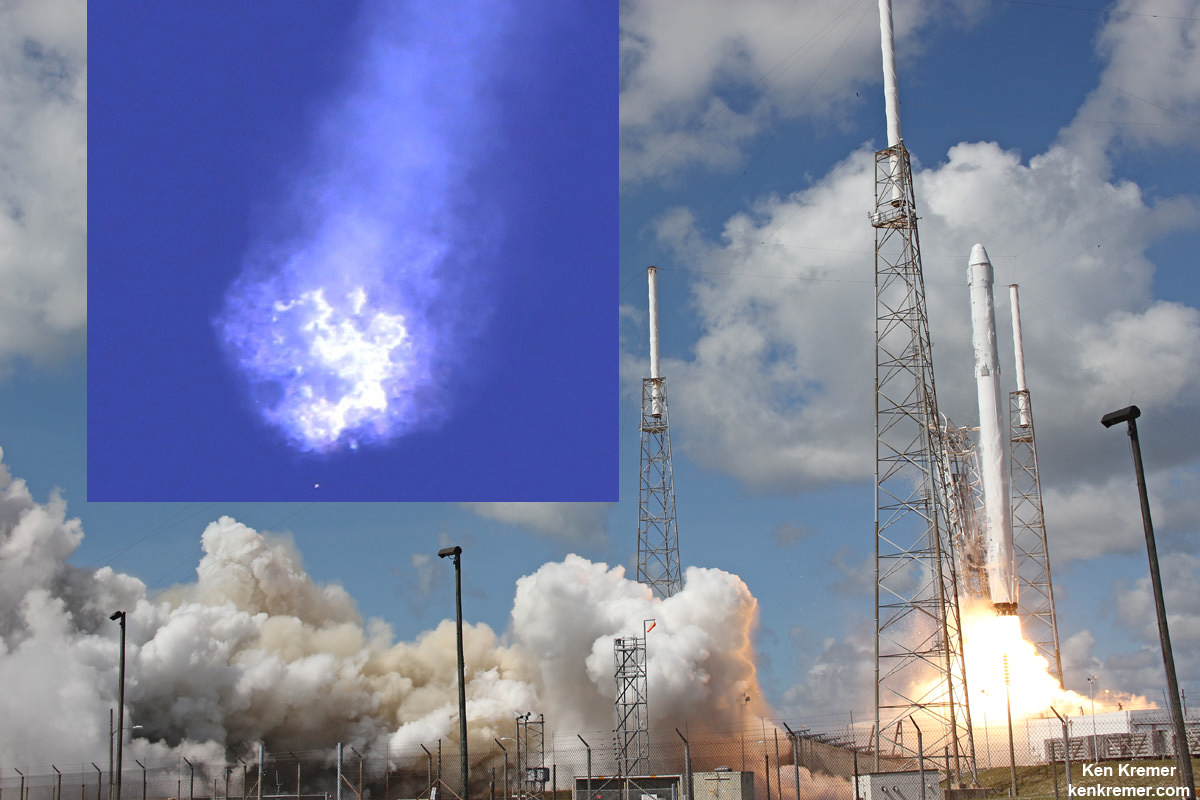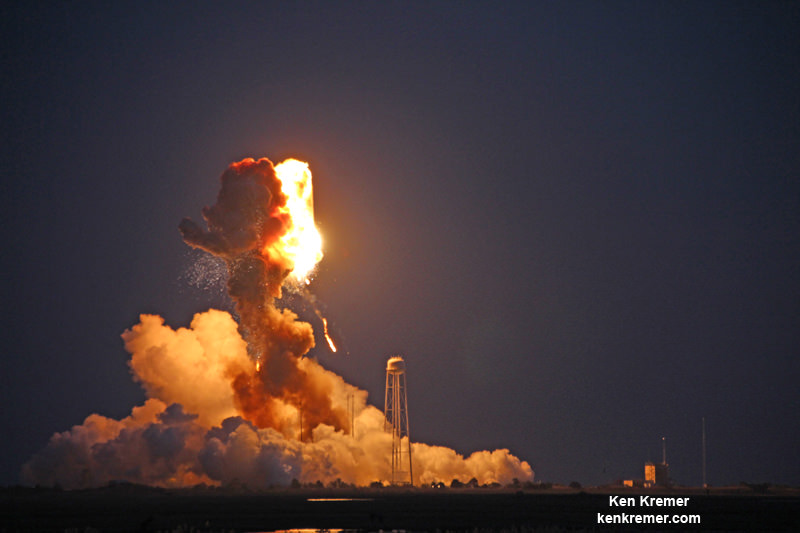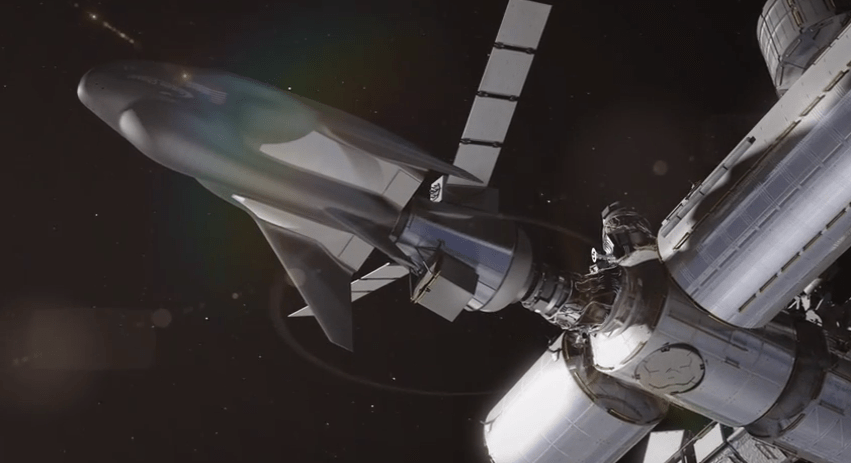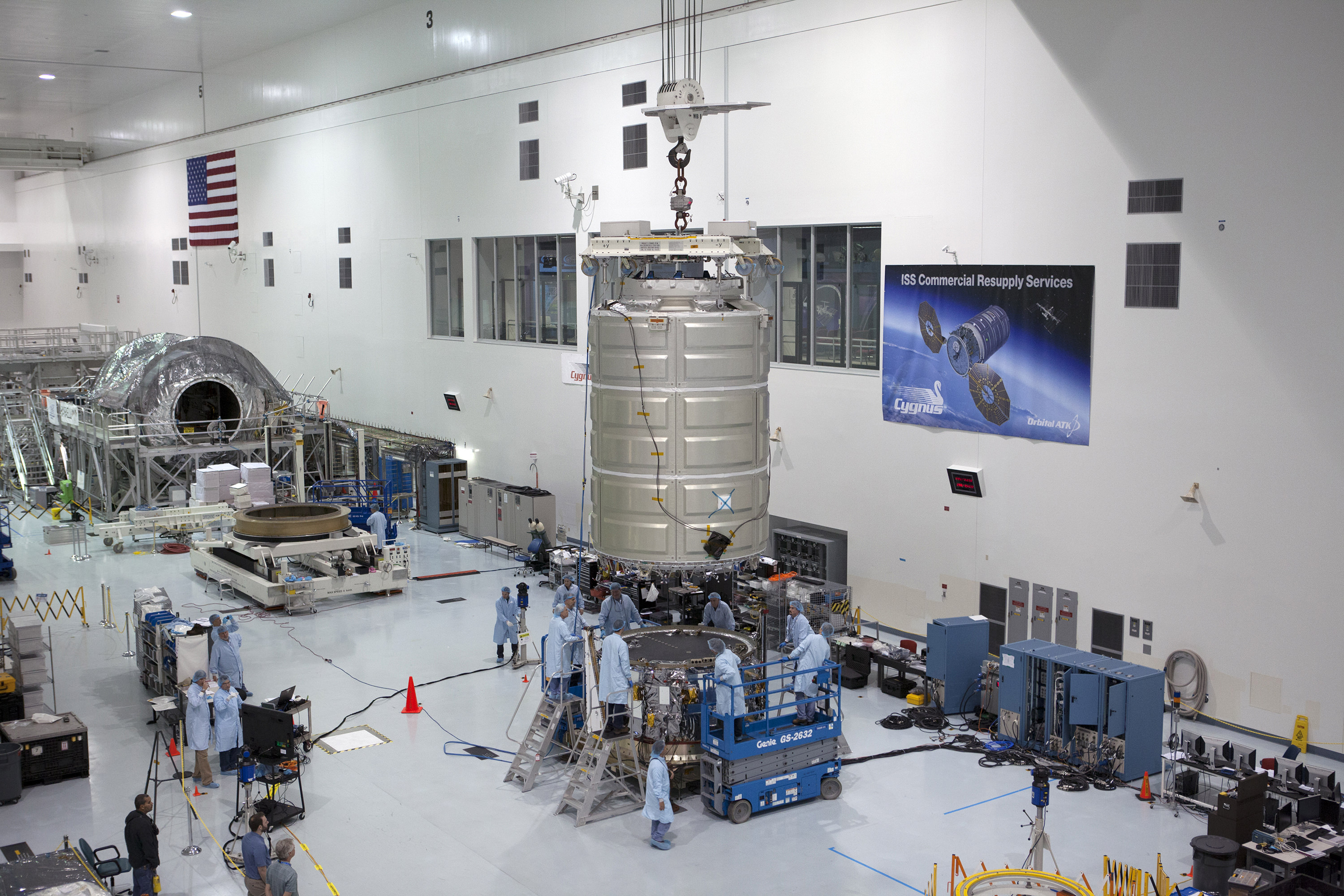Will NASA renew SpaceX and Orbital ATK as the favored contractors for the commercial cargo flights absolutely essential to keeping the International Space Station (ISS) amply stocked with science experiments and supplies through 2024 for the multinational crews now celebrating 15 years of continuous human occupation?
Or will a trio of other American aerospace competitors vying for the new government contracts somehow break through? That’s the multi Billion dollar question since the cargo awards are potentially valued at 3 to 4 Billion dollars or more each.
Well despite widespread expectations that the winners of NASA’s Commercial Resupply Services (CRS) 2 contract for the orbiting outpost would be announced by week’s end, nearly everyone involved will have to wait a few more months while agency officials again postponed a decision in order to ponder the long term implications of “a complex procurement.”
NASA says it needs more time to “assess proposals” and determine which of five private companies will be awarded the governments CRS 2 contracts for the ISS resupply missions.
Although NASA had planned to award contracts to at least two winners on Thursday, Nov. 5, the agency just announced another significant delay for the CRS 2 contract via its procurement website because the decision is “complex.”
“The anticipated CRS2 award is now no later than January 30, 2016 to allow additional time for the Government to assess proposals,” NASA announced on its procurement website.
“CRS2 is a complex procurement.
This new delay follows several earlier postponements already announced this past year.
The two companies currently holding Commercial Resupply Services (CRS) contracts from NASA, namely SpaceX and Orbital ATK, are dueling with new bids from Boeing, Sierra Nevada Corp. (SNC) and Lockheed Martin.

Altogether, those five companies are known to have submitted bids for the CRS-2 procurement by the due date of March 21, 2014. Awards were expected in June 2015 but the timing was repeatedly revised.
In the past year, both Orbital ATK and SpaceX suffered unexpected catastrophic launch failures during their most recent resupply flights in October 2014 and June 2015 respectively, which ended in total loss of all the payloads aboard the Cygnus and Dragon cargo freighters. I witnessed and reported on both rocket launch disasters for Universe Today from NASA Wallops in Virginia and the Kennedy Space Center in Florida.
Each company was originally expected to deliver 20,000 kilograms (44,000 pounds) of research experiments, crew provisions, spare parts and hardware spread out over multiple cargo delivery flights to the ISS under the initial CRS contract.

So NASA truly has a lot on the line while considering CRS 2 and postponing a decision may be wise until after both firms successfully complete their upcoming ‘Return to Flight’ missions – now scheduled for Dec. 3 by Orbital ATK and early January 2016 for SpaceX.

“The anticipated award date has been revised to no later than January 30, 2016 to allow time to complete a thorough proposal evaluation and selection,” says NASA.
When asked for a comment and explanation on the decisions and delay, a NASA spokesperson responded to me as follows:
“This is all we’ll be able to say, for right now.”
“Since the agency is in the process of evaluating proposals, we are in a procurement communications blackout. For that reason, NASA cannot answer.”
However, Boeing has been told by NASA that they are out of the running for CRS 2. Earlier reports indicated that Lockheed Martin is also out of the competition.
But there is still plenty of really good news for Boeing since they were already awarded a commercial crew contract in September 2014 to develop the Starliner space taxi to launch astronauts to the ISS.
The first Boeing CST-100 Starliner capsule is already being manufactured at the Kennedy Space Center, as I detailed earlier on site – here.
For the CRS 2 contract, Boeing submitted a bid to convert Starliner into an unmanned cargo freighter.
Meanwhile Sierra Nevada Corp told Universe Today that their Dream Chaser space plane “remains in contention.”
Dream Chaser is a winged mini shuttle that lost out in NASA commercial crew program competition. SNC submitted a proposal involving an unmanned version of Dream Chaser for the CRS 2 cargo competition building on what they already developed.
“SNC received notification that NASA has delayed the award decision related to Commercial Resupply Services 2 to no later than January 30, 2016,” SNC spokesperson Krystal Scordo told Universe Today.
“SNC remains part of the competitive range. We are proud of our Dream Chaser® Program team and are pleased to remain in contention for this important work in space.”

Neither SpaceX or Orbital will comment about the details of their CRS 2 procurement proposals to Universe Today beyond stating to me that they submitted bids and await NASA’s decision.
The CRS 2 contract is a follow on to the original CRS contract which was to run through at least 2016.
In the meantime, NASA opted to extend the original CRS contract to around 2018 by granting additional interim cargo flights to both SpaceX and Orbital under terms allowed by the contract.
SpaceX was granted five additional Dragon flights and Orbital ATK was given three additional Cygnus flights, for a total of 10 Cygnus resupply missions through about 2018.
The CRS-2 contract is valued at between $1.0 Billion and $1.4 Billion per year and NASA requires this service from approximately 2018 through 2024 according to the RFI.
NASA expects delivery of 14,250 to 16,750 kilograms per year of pressurized cargo as well as 1,500 to 4,000 kg per year of unpressurized cargo and return or disposal of up to 14,250 to 16,750 kg per year of pressurized cargo under CRS 2.
Watch for my onsite reports from the Kennedy Space Center press site for the Orbital Atlas OA-4 cargo liftoff on Dec. 3.
“We are anxious to get flying again not only for our own sake, but really for NASA and the crew!” Frank DeMauro, Orbital ATK Vice President for Human Spaceflight Systems Programs, said in an interview with Universe Today.
Stay tuned here for Ken’s continuing Earth and Planetary science and human spaceflight news.


There have been some rather ‘epic’ delays over the years in our space program. These twin (triple if you count Virgin Galactic) tragedies are right up there with some of the worst!
We need a confidence boost? Maybe Elan could take a crew riding super draco rockets on a translunar orbital circuit? I’d like that!